You Can “Feel” Your Fingers With This Bionic Arm
Researchers have built a bionic arm that allows patients to control and “feel” their individual fingers.
You Can “Feel” Your Fingers With This Bionic Arm
Researchers have built a bionic arm that allows patients to control and “feel” their individual fingers.
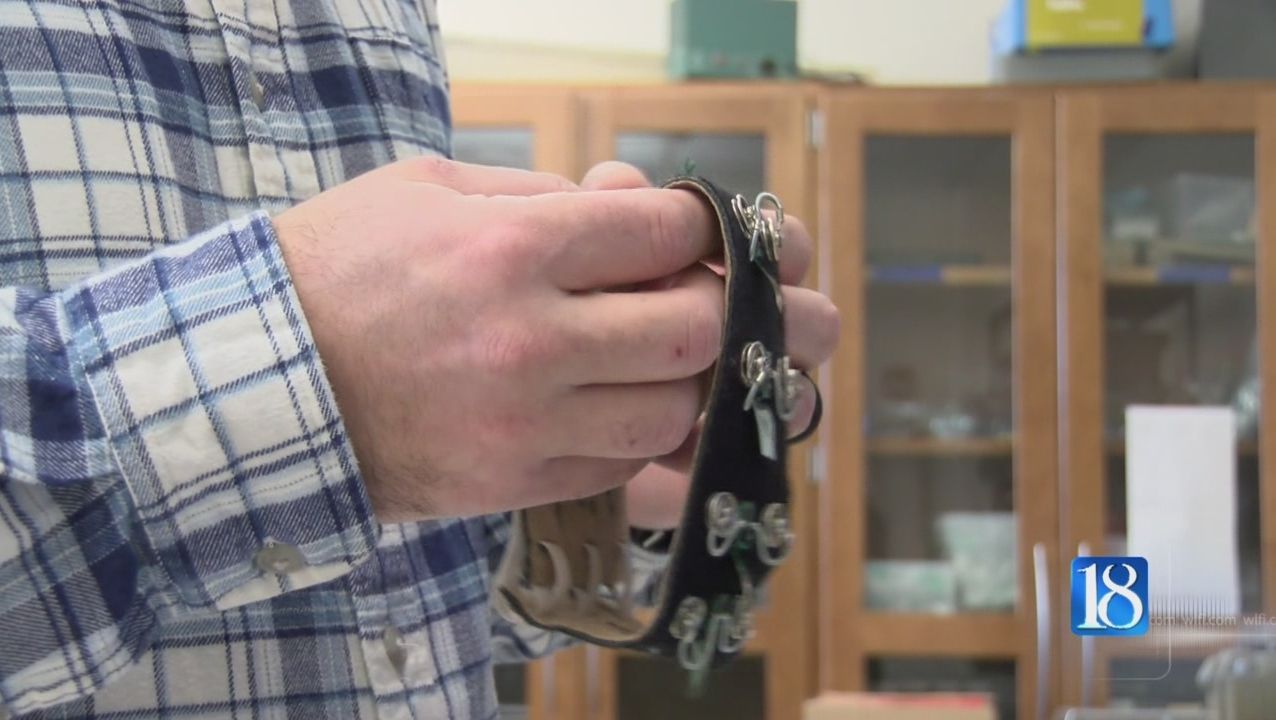
Expansion of BMI and Bionics has now come to Purdue University.
WEST LAFAYETTE, Ind. (WLFI) — Researchers at Purdue have been working on technology that will help pave the way for the future people who use artificial limbs.
“The point of these research labs is to discover new technologies that we can translate into the real world and make the world a better place,” Purdue Center for Implantable Devices Director Pedro Irazoqui said.
Bionic limbs are artificial limbs which use signals sent from the brain, nerves and muscles to operate as the user wishes — just like real limbs work.
Cool. I run and walk everyday and each time, I tear up my left shin and ankle. I am ready for this technology.
The SuperFlex exosuit is made from a lightweight flexigrip material that keeps robotic muscles, sensors and processors in place.
Not only Google; there is Huawei and their AR contacts and Samsung are also making AR Contacts. And, the news 3 weeks ago shows that Samsung has applied for their own patent.
Google has filed a patent for what sounds like a bionic eye.
A patent filed in 2014 and published Thursday describes a device that could correct vision without putting contacts in or wearing glasses everyday.
But to insert the device, a person must undergo what sounds like a rather intrusive procedure.
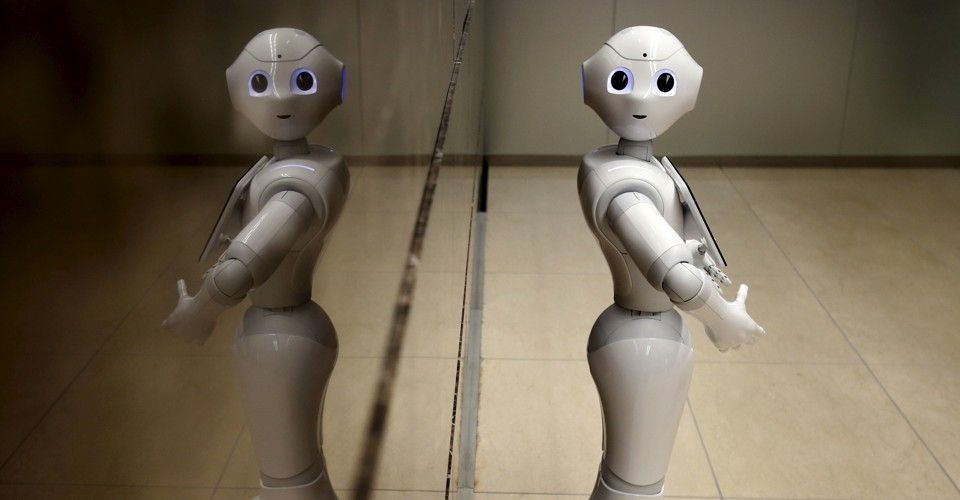
More broadly, there’s a paradox in all this, that reflects the overarching direction of contemporary robotics. As machines become more and more general-purpose, they’re also going to become much better at tailoring their behavior to different kinds of people—and even eventually to different individuals. Already, SoftBank’s Pepper robot, a humanoid designed to interactive with people, is billed as the first machine able to read human emotions. For people to accept robots as they increasingly work their way into various areas of our lives, robots will have to develop fairly sophisticated understanding of individual human needs.
“If an assistive robot tries to help you, how much help you want really depends on your personality and the situation,” Dragan says. That’s also why robots are in some cases changing form—some of the machines designed to care for humans, for example, will have soft, cuddly bodies rather than just hard metal exoskeletons.
“We’re going to have more and more capable robots,” Dragan told me. Which means when machines interact with people, we’ll be able to customize them depending on who’s around; or if humans are around at all.
BMI/ BCs are only going to improve over time and give new lives and chances again to people. Note: this version has limited use outside the medical lab; however, they are working on making one wireless and connected in order to be used anywhere.
Thanks to an experimental treatment that included implanting a chip in his brain, Ian Burkhart was able to regain control of his hand.
Burkhart broke his neck five years ago when he hit the ocean floor while diving off of the coast in North Carolina. The accident left him paralyzed from the chest down with limited movement in his arms and hands, but no feeling in them. On Wednesday, doctors announced Burkhart is able to control his hand using a computer that reads his thoughts and transmits the instructions to the nerves in his hand, bypassing the neck injury.
In 2014, doctors implanted a chip the size of an eraser head in Burkhart’s brain, after he told them he was willing to participate. Burkhart’s father was somewhat hesitant to see his son undergo open brain surgery unnecessarily, but eventually came around to the idea.

All true and good points. Until the under pinning technology and net infrastructures are update; all things connected will mean all things hackable.
Medical devices like pacemakers and insulin pumps will save many lives, but they also represent an opportunity to computer hackers who would use the Internet to cause havoc. Former futurist-in-residence at the FBI, Marc Goodman says it is easy to take for granted how connected we’ve already become to the Internet. Most American adults keep their phones within arm’s reach all day, and keep their devices on their nightstand while they sleep — and forget about actually remembering people’s phone numbers. That is a job we have outsourced to machines.
In this sense, says Goodman, we are already cyborgs. But digital devices connected to the Internet will continue to move inside our bodies, just as pacemakers and insulin pumps have. In his interview, Goodman discusses cases of computer hackers taking advantage of these devices’ connectivity to show how vulnerable we could soon become to their potentially destructive wishes. In one case, a hacker demonstrated he could release several weeks of insulin into a diabetic’s body, certain to cause a diabetic coma and death. In another, hackers induced epileptic seizures by hacking the Epilepsy Foundation’s webpage.
At bottom is the Internet of Things, a increasingly connected web of devices that will make our lives simpler and more efficient, but this network will also make us vulnerable in ways that are difficult to detect, let alone prevent. Goodman’s message is not that we need to constantly fear a new world of better health and convenience, but that we need to be aware of technology’s pitfalls in life.
My new story for The Huffington Post on the virtue of reason and asking: Why?.
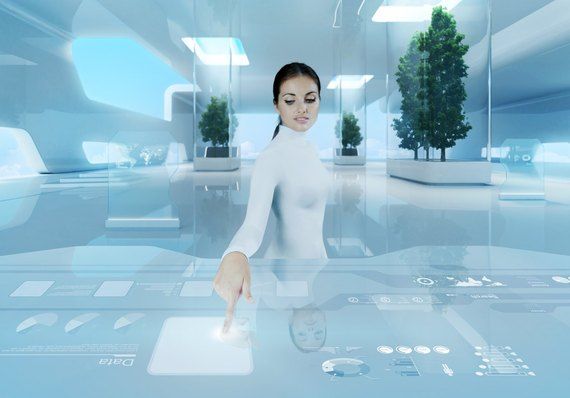
Image of the future — By Smart Gadget Technology
The human race is on the threshold of so much revolutionary change. It’s mostly due to the emerging field of transhumanism: a social movement that aims to use science and technology to radically modify the human body—and modify the human experience. I get asked all the time: What is the best way to handle such changes—like the merging of humans with machines to make cyborgs? Or spending more time in virtual reality then normal reality? Or biohacker brain implants that let us use telepathy with one another (which eventually will lead us all to be connected via a hive mind)?
I think it’s easiest to let Jethro Knights—protagonist of my philosophical, Libertarian novel The Transhumanist Wager—answer. Below is a modified and condensed version of a speech he gives to the world, near the end of the book:
There are two all-important ways to navigate a correct path in the new transhuman future: The first is to constantly use the utmost reasoning of which our brains are capable while negotiating our way through life; the second is to incessantly question everything.
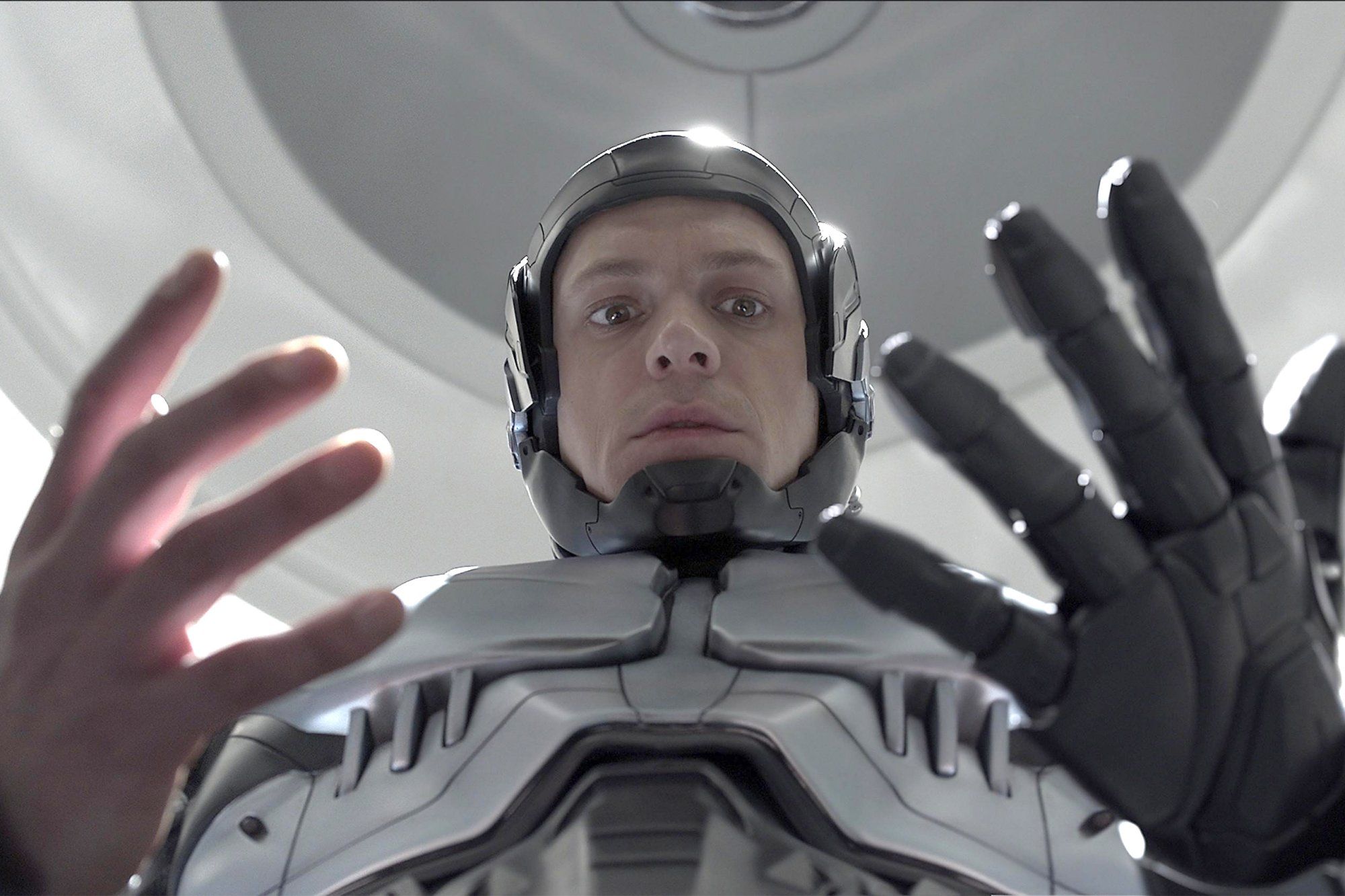
Nthing new; nice to see more folks waking up.
We’re moving beyond just prosthetics and wearable tech. Soon, we’ll all by cyborgs in one way or another.
From The Six Million Dollar Man to Inspector Gadget to Robocop, humans with bionic body parts have become commonplace in fiction. In the real world, we use technology to restore functionality to missing or defective body parts; in science fiction, such technology gives characters superhuman abilities. The future of cyborgs may hinge on that distinction.
The Defense Advanced Research Projects Agency (DARPA) plans to develop a brain implant that links human brains to computers. Under the Obama administration’s Brain Initiative, DARPA has developed eight programs designed to enhance human physical and cognitive capabilities. The Neural Engineering System Design program seeks to “bridge the bio-electronic divide” via a small implant that acts as a translator between the brain and the digital world, giving humans improved sight and hearing.
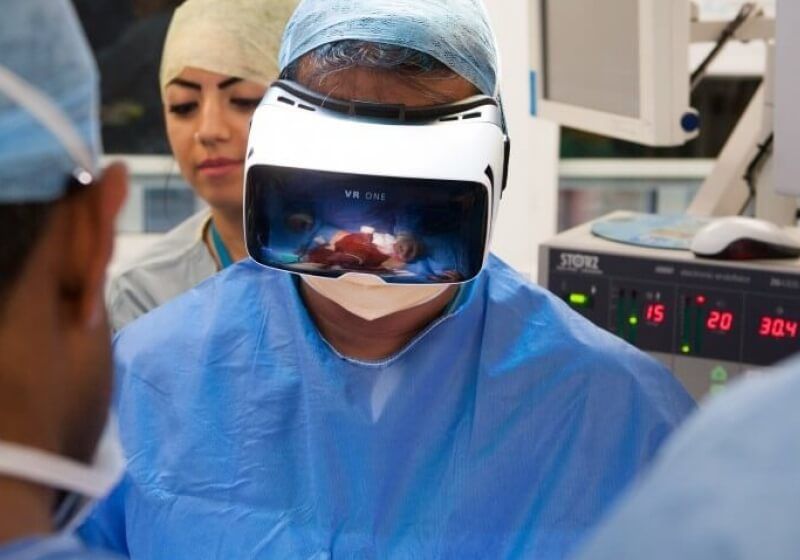
Hmmm; not sure if I can watch given my tolerance level of seeing blood.
Cutting-edge technology has a way of snaking itself into the medical field. Over the past few years, for example, we’ve seen 3D printers used to create prescription medication, prosthetic limbs, casts, replacement bones, homemade cosmetic braces and even cartilage implants.
Now, we’re beginning to see some of the ways that virtual reality will impact modern medicine with a company by the name of Medical Realities leading the way.
Co-founded by Dr. Shafi Ahmed, Medical Realities is a medical training firm that specializes in virtual reality, augmented reality and serious games using consumer-level devices like the Oculus Rift. In just a few days, he and his team of medical professionals will be livestreaming the removal of a tumor from the colon of a man in his 70s.